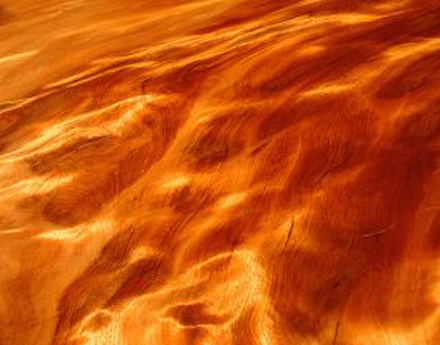
Ministry for Primary Industries staff were concerned about the legality of some swamp kauri exports and considered asking for a judicial review to clarify the law, a court has been told. Source: Radio NZ
Northland Environmental Protection Society is challenging the ministry in the High Court in Auckland over swamp kauri exports.
It believes the ministry has misinterpreted the Forests Act and unlawfully allowed logs and dressed timber out of the country – by defining them as stumps, temple poles and table tops. By law, only stumps and finished objects can be exported.
The society’s lawyer Davey Salmon said ministry documents showed its officials had serious doubts about the exports five years ago, and had considered asking for a judicial review to clarify the law.
“There was some evidence of concern over stump size,” he said. In one case an official had responded to a photograph saying: “that’s not a stump!”
In another document, an official had pondered the question of the timber being exported as tabletops.
“When is a table-top not a tabletop,” he asked colleagues.
The official noted in an internal email that Chinese investors had come to New Zealand and were excavating the timber themselves, bypassing local firms.
They intended to export flitches or planks, claiming them as rusticated tabletops.
“These are actually no more than dressed timber, which is excluded from export in the act,” the official said.
Ministry officials had also queried the export of logs, saying they exceeded the legal definition of stumps, Mr Salmon said.
In spite of evidence that the table tops were being sold overseas as timber to be processed, he said the ministry took the view that if the slabs were capable of being used as a table top its export as a finished product was legal.
Justice Toogood noted that one photo showed a slab that was 40 feet long.
“I’m not sure what the market would be in China for 40 foot tables,” he said.
Mr Salmon said he was also uncertain about that.
The group argues the country is losing a valuable and finite resource that Parliament intended to protect for local industry.
It has been opposing the mining of swamp kauri for several years, initially on the basis that the industry was destroying wetlands in the Far North.
The huge logs are preserved under layers of peat, where they have lain for thousands of years.
The conservationists said extracting them had in many cases destroyed habitat for rare species, and changed drainage patterns, damaging fragile dune lakes in the Far North.
The ministry, which reviewed and tightened its scrutiny of the industry last year, said all exports had complied with the law.
After receiving legal advice, the ministry had departed from its earlier and stricter interpretation of the act, Mr Salmon said. The case is set down for two days in the High Court in Auckland.







